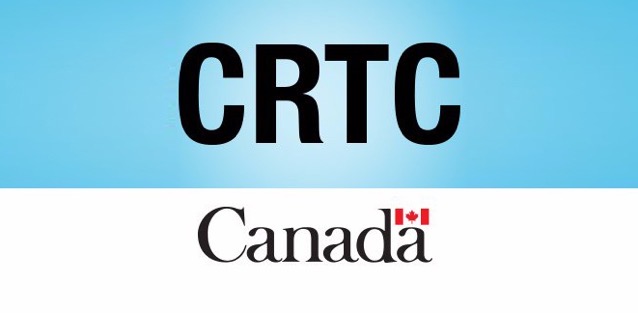
CRTC’s Lack of Probe into Rogers Network Outage Draws Criticism
Matt Malone, an assistant professor in the faculty of law at Thompson Rivers University, has criticized the Canadian Radio-television and Telecommunications Commission (CRTC) for its lack of formal investigation into Rogers’ infamous network outage last summer. The outage led to widespread disruptions in emergency services, chaos among first responders, and even a fatality.
“Records I’ve obtained through an access-to-information request show that the CRTC displayed a lackadaisical attitude toward the matter and did not even formally examine Rogers’ obligations regarding 911 services,” said Malone, in an op-ed written in The Globe and Mail.
Rogers explained last year a coding error during a network upgrade took down most of its services. Customers were knocked offline and resorted to finding free Wi-Fi to stay connected.
Internal correspondence within the CRTC revealed that the agency’s emergency services manager stated, “Other than an email chain…there was no formal analysis done.” When questioned, the CRTC responded that Rogers was merely a telecommunications service provider and not a 911 network provider, thus absolving it of any specific formal investigation.
“This outage of responsibility and accountability at the CRTC deserves its own scrutiny,” Malone added. He pointed out that the CRTC has long required service providers like Rogers to notify 911 network providers of outages “within a maximum of 30 minutes.” Rogers took almost four hours to do so.
Despite the lack of a formal investigation, the CRTC seemed to focus on optics. Malone revealed that the same emergency services manager provided background information to CRTC dispute resolution director Michel Murray for a House of Commons committee appearance, aiming to show that the CRTC was doing its job.
“Six months later, on Feb. 21, 2023, another public servant revived the issue in the same e-mail thread,” Malone continued. However, the CRTC proceeded to publish its note dismissing further inquiry anyway, without responding to the query.
Malone also criticized the CRTC for not compelling Rogers to disclose the actual number of disrupted 911 calls. “Rogers used a thin pretext to publicly withhold the number of disrupted 911 calls, and the CRTC essentially parroted Rogers in its response to me,” he said.
The CRTC’s stance suggests a prioritization of Rogers’ private interests over public interests, according to Malone. “This type of feckless oversight on the issue of 911 calls is unsurprising, given the revolving door between government and industry in this sector,” he concluded.


